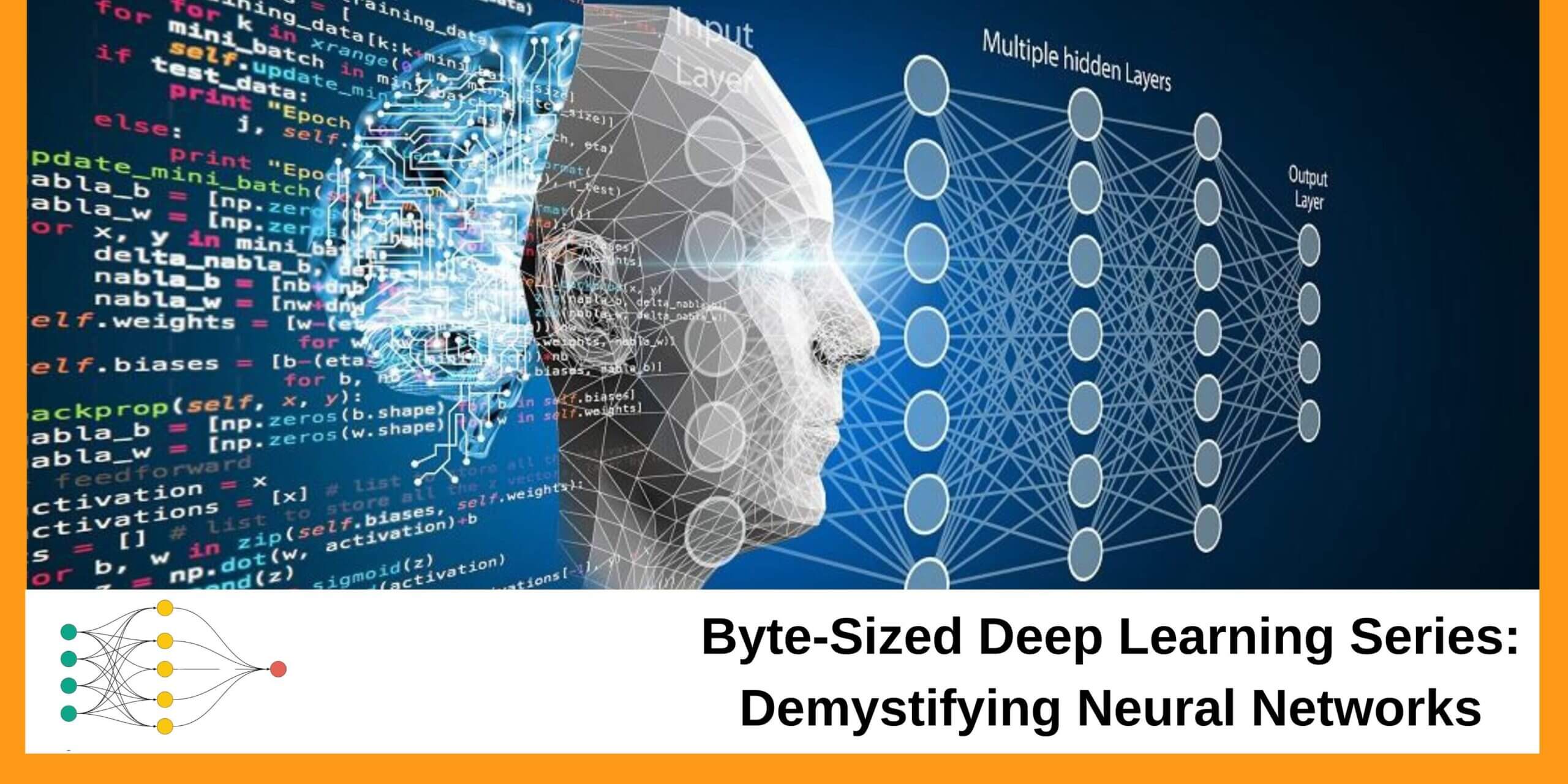Apache Airflow with Multi-Cloud Deployment & DevOps Integration
- Created By shambhvi
- Posted on August 8th, 2025
- Overview
- Audience
- Prerequisites
- Curriculum
Description:
This 5-day instructor-led training provides end-to-end coverage of Apache Airflow, the open-source platform for authoring, scheduling, and monitoring complex data workflows, with a practical focus on multi-cloud deployment using AWS, Azure, and Google Cloud Platform (GCP). Designed for data engineers, DevOps professionals, and cloud architects, this training enables participants to confidently develop, manage, and deploy production-ready data pipelines across hybrid cloud environments.
The program begins with essential Python programming skills, ensuring all participants can confidently author and manage DAGs (Directed Acyclic Graphs), which define workflows in Airflow. After setting a solid Python foundation, participants dive into the Airflow ecosystem, exploring its modular architecture, metadata database, scheduling engine, and user interfaces (CLI and UI).
Through a mix of lectures, real-world examples, and hands-on labs, learners will explore core concepts such as task dependencies, scheduling, backfilling, SLAs, branching, and dynamic DAG generation. The training includes deep coverage of Airflow Operators, including those for Python, Bash, SQL, and cloud-native integrations like AWS EMR, Azure HDInsight, Google Dataproc, and Blob/S3/Cloud Storage. Participants will also learn to use XComs for task communication, Sensors to wait for external events, and Hooks to interact with third-party systems.
The course goes beyond development by exploring Airflow Executors (Sequential, Local, Celery, Kubernetes) and configurations for scalable deployments. Security is addressed through encryption, role-based access, and connection secrets. The final modules focus on CI/CD, DevOps practices, and monitoring and profiling DAGs in real-world environments.
Throughout the training, learners will configure and deploy Airflow in different modes (standalone, Celery, Kubernetes), integrate with cloud services, and gain practical experience via cloud-specific DAGs, making this program uniquely suited for professionals building cross-cloud data workflows.
Duration: 5 Days
Course Code: BDT 509
Learning Objectives:
By the end of this course, participants will be able to:
- Write and manage DAGs in Python using Airflow’s core and custom operators.
- Set up Airflow on local, Celery, and Kubernetes executors.
- Integrate Airflow with AWS, Azure, and GCP services like S3, EMR, and Cloud Functions.
- Use XComs, sensors, branching, and subDAGs to design complex workflows.
- Apply best practices in Airflow deployment, logging, security, and monitoring.
This course is ideal for:
- Data Engineers and DevOps Engineers
- ETL Developers and Cloud Architects
- ML Engineers and Platform Engineers using Airflow
- Anyone managing data orchestration across cloud environments
- Basic familiarity with Python
- Exposure to ETL/data pipeline concepts
- Knowledge of cloud services (AWS, Azure, or GCP) is helpful but not required
Course Outline:
Module 1: Python Essentials for DAG Authoring
- Variables, data types, operators
- Control structures: if, else, for, while
- Functions and lambda expressions
- Lists, tuples, dictionaries, list comprehensions
- File I/O and context managers
Module 2: Understanding Airflow in the ETL Landscape
- Big Data vs Traditional ETL
- What is Apache Airflow and why use it?
Module 3: Airflow Architecture & Installation
- Airflow components: scheduler, webserver, metadata DB, executor
- Installing Airflow via pip and Docker
- Setting environment variables and configuring connections
- Tour of Airflow UI and CLI
- Airflow metadata DB: key tables
Module 4: Configuring Airflow Environments
- Local, Celery, and Kubernetes executors
- Setting up Airflow with GCP, AWS, Azure
- Handling zombie tasks, encryption, and retries
- Max active runs and concurrency settings
Module 5: DAG Authoring and Scheduling
- Anatomy of a DAG: schedule_interval, start_date, catchup
- Creating your first DAG with Python
- Dependencies and DAG structure
Module 6: Using Operators in Practice
- PythonOperator, BashOperator, SQL-based Operators
- Cloud-specific Operators: EMR, HDInsight, Databricks, Blob, S3
- API operators: REST, SOAP, GraphQL
- Kubernetes and branching operators
Hands-on Labs:
- Creating multi-task DAGs
- Using branching and backfill
- DAGs with database connections (Postgres/MySQL)
Module 7: Execution Engines & Task Control
- Sequential, Local, Celery Executors
- SLAs and retries
- DAG retries and timeouts
Module 8: Modular & Dynamic Workflows
- SubDAGs and dynamic DAG generation
- Using XComs to pass data between tasks
- Conditional logic with branching
Module 9: Sensors and Hooks
- Time and file sensors
- Hooks for cloud services and external systems
Module 10: Plugins, Profiling & Airflow UI Extensions
- Adding custom views and functionalities
- Airflow metadata queries and profiling
Module 11: DevOps & CI/CD with Airflow
- Writing logs to remote locations
- Airflow deployment using Docker + GitHub
- Security: Roles, auth, and encryption
Module 12: Practical Cloud Integration
- AWS: EC2, S3, EMR, Lambda
- Azure: VMs, Blob Storage, Functions, HDInsight
- GCP: Compute, Cloud Storage, Cloud Functions, Dataproc
- Building a cross-cloud DAG
Training Material Provided:
- Course slides and reference guides



